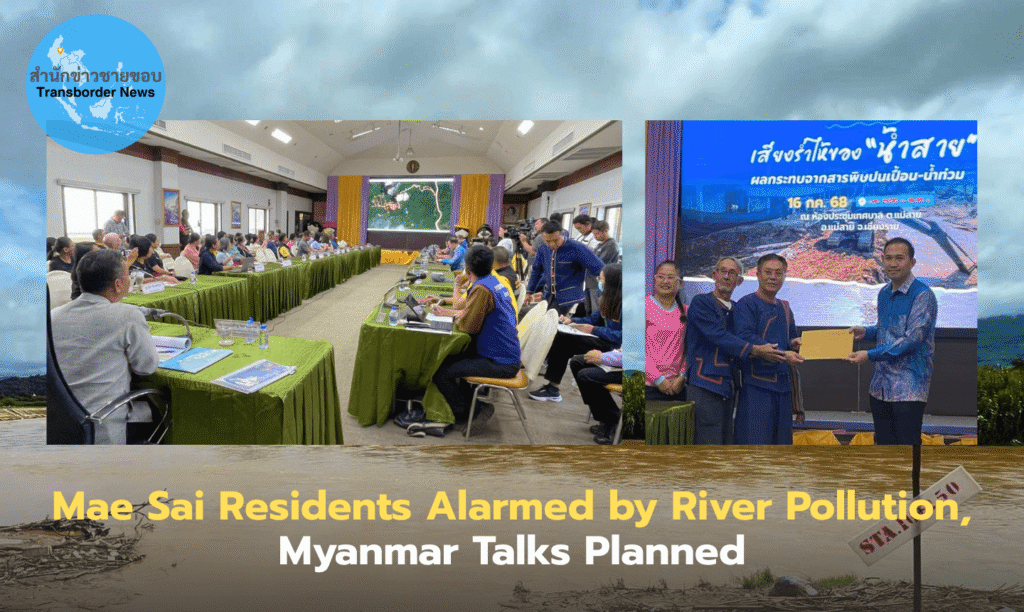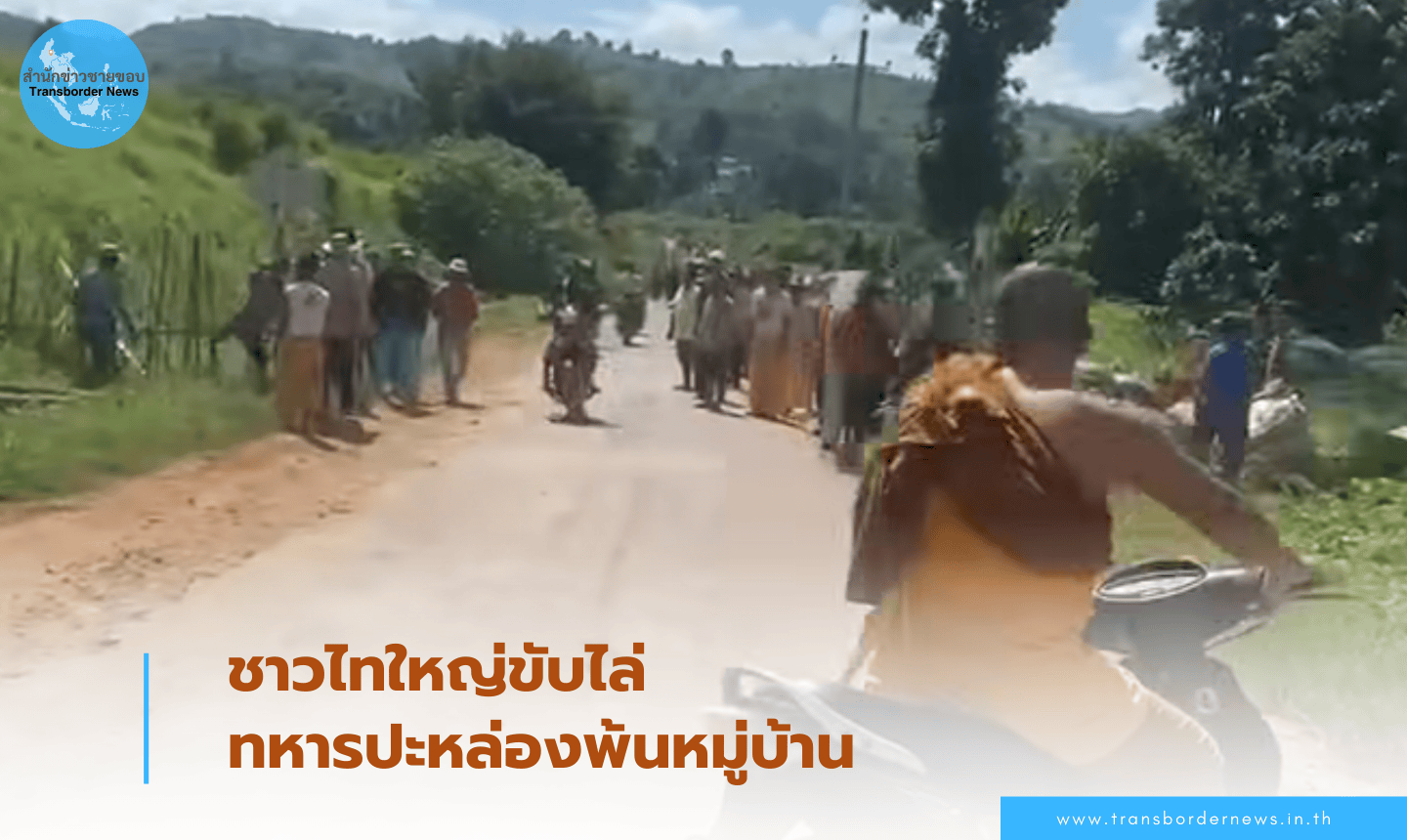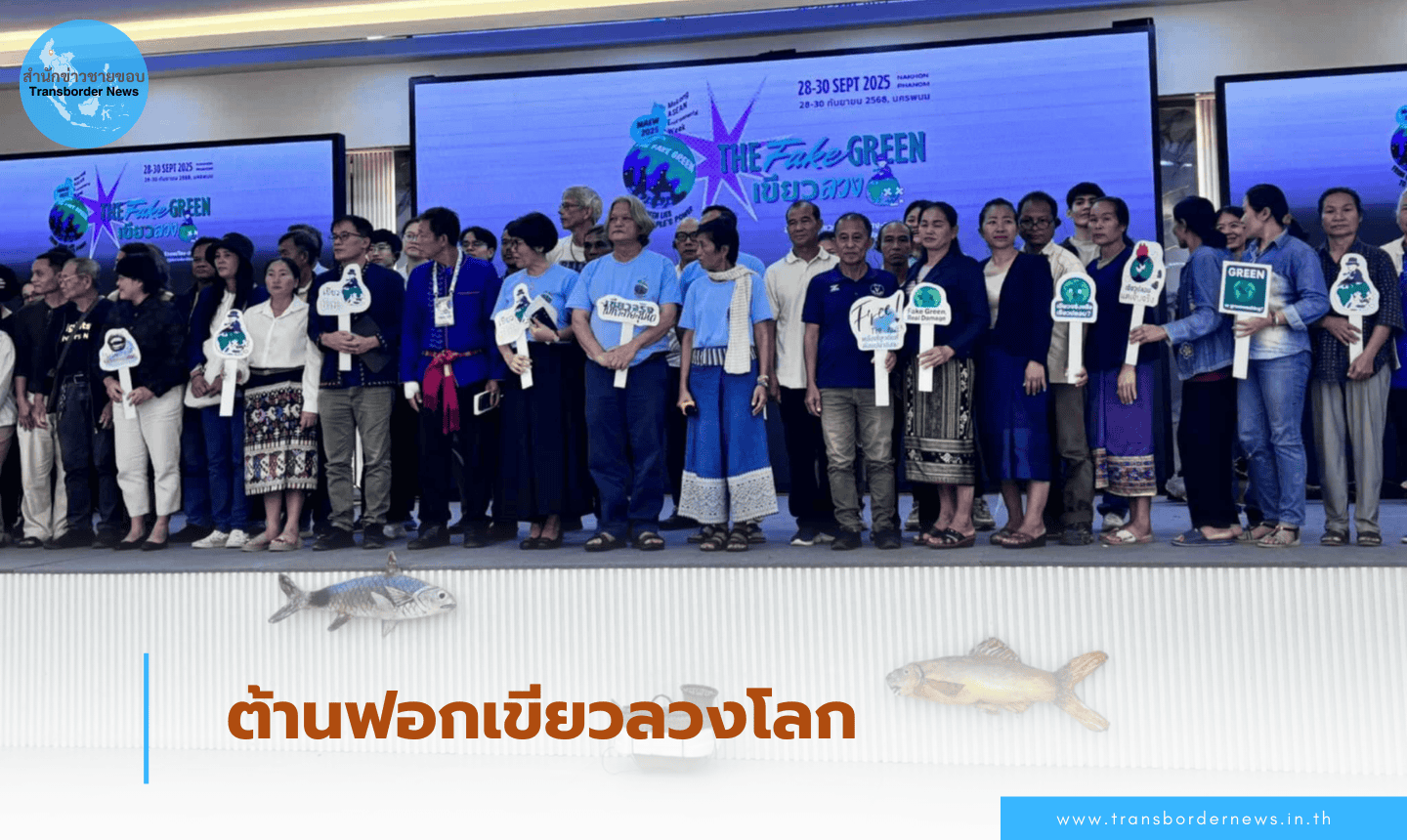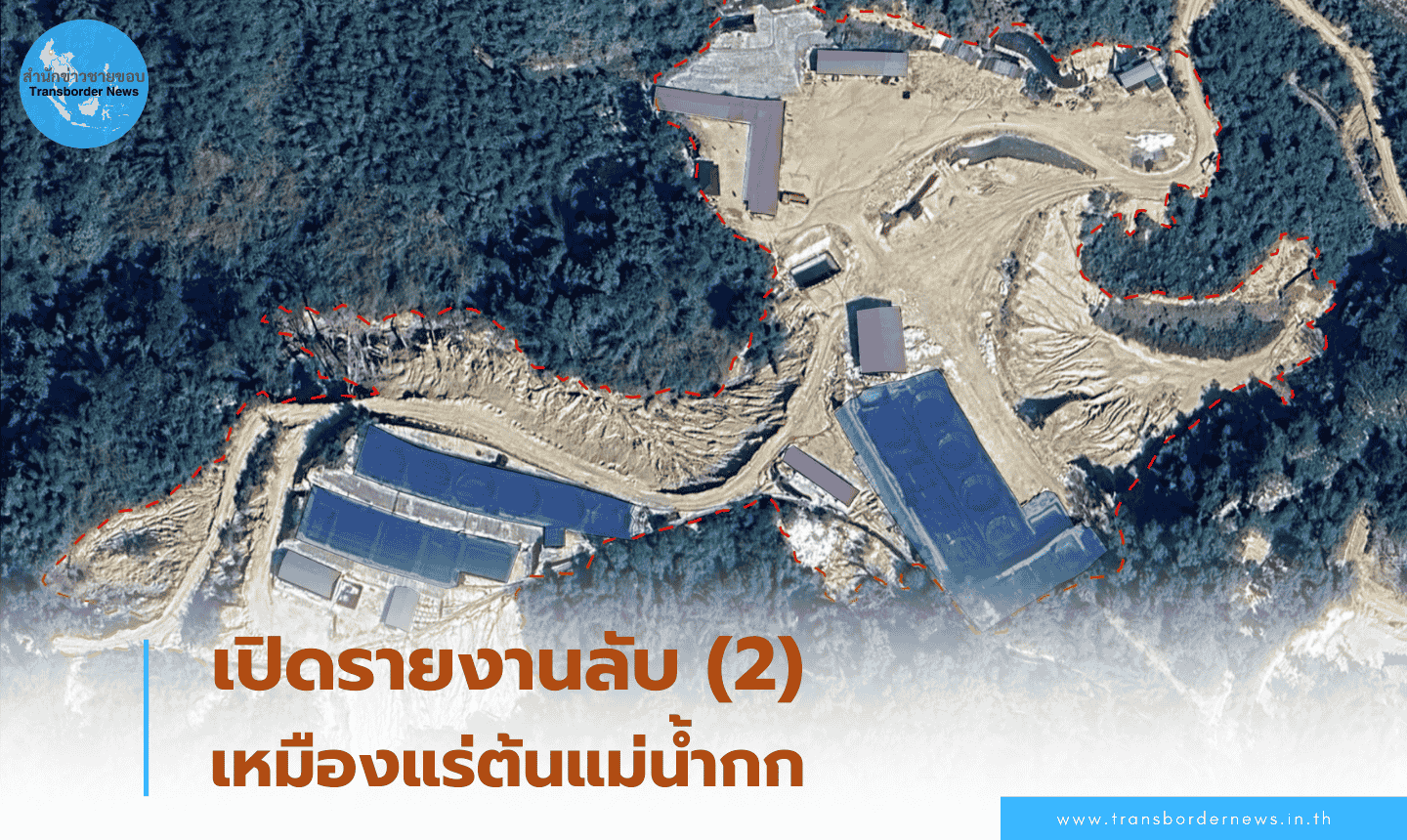Chiang Rai, Thailand — July 16, 2025 Communities in Chiang Rai’s Mae Sai District are sounding the alarm over escalating river contamination, believed to be caused by upstream mining in Myanmar, especially rare earth and gold extraction. At a public forum held at Mae Sai Municipality Hall, residents, local officials, academics, and civil society representatives including Hill Area and Community Development Foundation (HADF), gathered to share concerns and call for urgent cross-border solutions.
Chiang Rai Deputy Governor Prasert Chitpleecheep confirmed that elevated arsenic levels have been found in the Kok, Sai, Ruak, and Mekong Rivers, though tap water and agricultural products remain within national safety standards. He said the source is not domestic but primarily rare earth mining in Myanmar—accounting for over 70% of the problem according to an official research. He warned of potential long-term risks as these rivers supply water for local consumption.
Dr. Suebsakun Kidnukorn of Mae Fah Luang University, and Pianporn Deetes of International Rivers, along with community health volunteers, described visible impacts such as skin irritation and psychological stress among locals. Some villagers have reported anxiety and sleep loss after learning they can no longer safely use river water or consume local fish. Health volunteers said symptoms are recurring, and mental health cases are rising.
Academics and environmental groups raised concerns that if the Pak Beng dam project is built on the Mekong in Northern Laos, slow-moving waters will cause toxins to settle, making the problem worse. Dr. Suebsakun warned that Thailand may need to find new raw water sources for its public water supply.
Local leaders urged the government to act decisively. Mae Sai officials called for clearer communication, transparent water quality updates, and support for water testing at the community level. Some noted that heavy flooding during the rainy season could spread contaminants further, deepening the crisis.
People’s Network for the Kok, Sai, Ruak, and Mekong Rivers submitted a letter to the ASEAN Intergovernmental Commission on Human Rights (AICHR), asking it to investigate the cross-border human rights violations linked to this pollution.
In response, Deputy Interior Minister Teerarat Samrejwanit informed the forum over phone that Myanmar has invited Thai officials to hold talks in Naypyidaw from August 4–8. Deputy Prime Minister Prasert Chantraruangthong will lead the delegation, which aims to discuss access to the mining sites and joint mitigation strategies.
Participants stressed the need for international cooperation, stronger citizen science, and long-term environmental monitoring. Many emphasized that this is not just a local water issue—but a deepening transboundary disaster that demands urgent regional attention.
This is a translation of original Thai article https://transbordernews.in.th/home/?p=43311





